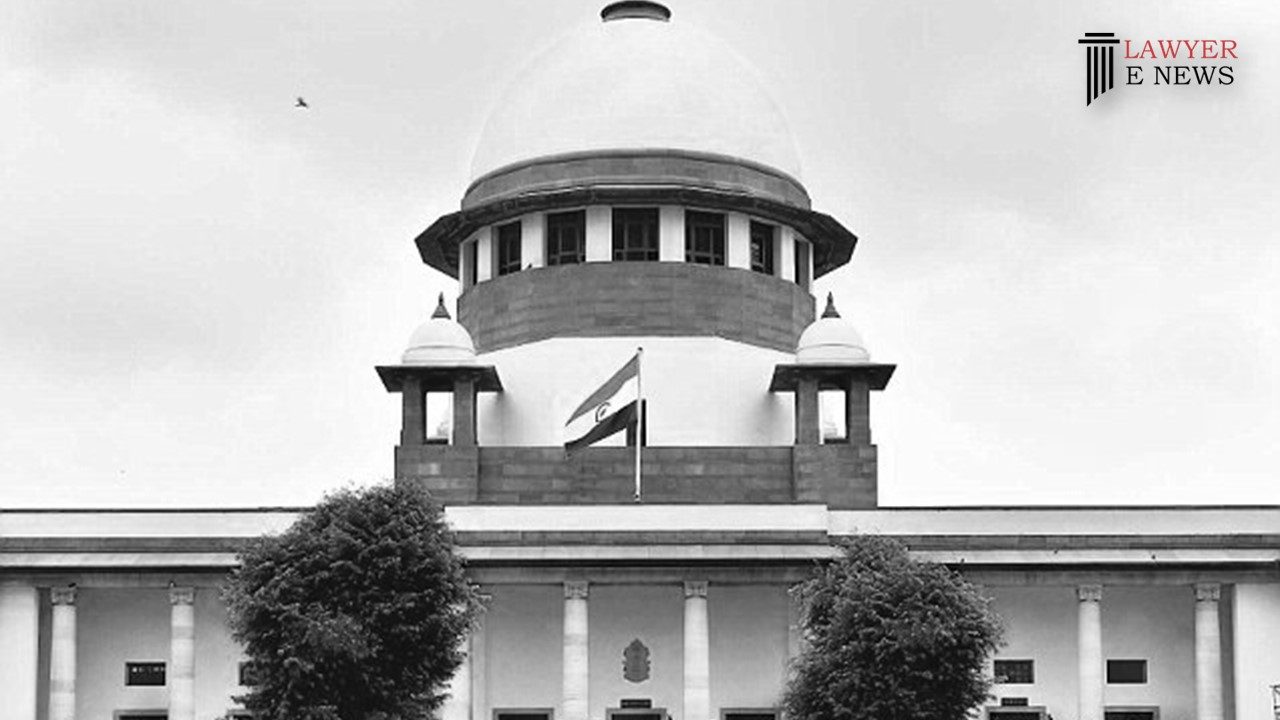-
by sayum
27 January 2026 10:10 AM



In a significant ruling , the Supreme Court of India, comprising Justices B.V. Nagarathna and Ujjal Bhuyan, dismissed the plea of Amandeep Singh Saran, who sought the clubbing of 30 FIRs filed against him in various states. The bench observed that “multiplicity of proceedings will not be in the larger public interest,” setting a precedent in the judicial approach towards handling multiple FIRs across states.
The writ petition, filed under Criminal Original Jurisdiction (Writ Petition (Criminal) No.341 of 2022), invoked Article 32 of the Constitution of India. Mr. Saran’s petition included a request for a writ of mandamus to prevent the registration of new FIRs and taking cognizance of complaints based on similar causes of action.
In their judgment, the bench emphasized the impracticality and legal limitations of granting such a request. The Court noted, “Such a prayer cannot be granted by any court of law.” This decision aligns with the legal understanding that courts cannot impede the process of law enforcement and subsequent judicial processes based on presumptive repetition of cause.
While drawing a distinction from the Radhey Shyam case, where similar relief was granted, the Court highlighted that the relief in Radhey Shyam was granted under unique circumstances and by the consent of the States under Article 142 of the Constitution. The Court clarified that this precedent could not be universally applied, especially in cases involving state-specific enactments and special courts.
The petitioner was, however, granted the liberty to approach High Courts for the clubbing of FIRs within each state. Furthermore, considering Mr. Saran’s current incarceration in Chhattisgarh, the Court allowed him the liberty to appear in trials via video conferencing.
This ruling is pivotal in defining the boundaries of judicial intervention in matters of criminal prosecution involving multiple FIRs across different jurisdictions. The Supreme Court’s decision underscores the need for a balanced approach that upholds the principles of justice while ensuring the practicality and efficiency of legal proceedings.
Date of Decision: 6th November 2023
AMANDEEP SINGH SARAN VS THE STATE OF DELHI & ORS.
